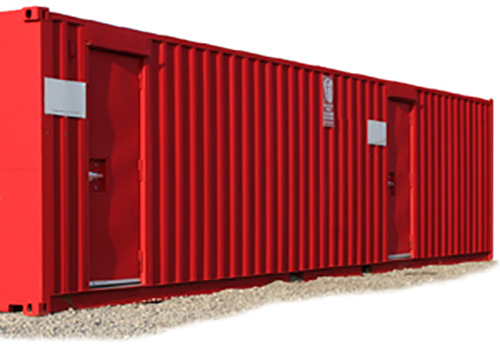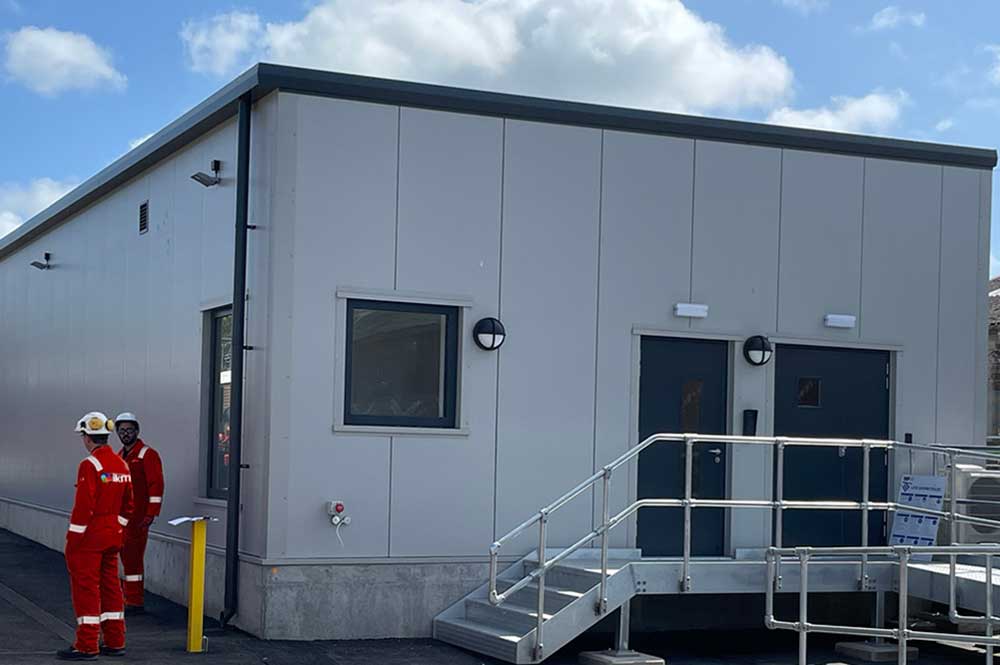

This course will focus about the phenomena of blast load, the dynamic material strength, in addition to the concrete and steel structure design to resist the ballast load. The dynamic analysis technique will be presented. In addition the new materials as CFRP to be used to protect the structure from the blast load. The course content relies heavily on the recently revised ASCE publication, Design of Blast Resistant-Buildings in Petrochemical Facilities.
The participants will be provided with detailed course material and will be familiarized with suitable way in concrete design in industrial structure. The engineer will be familiar with any problem and its solution in the concrete structure in the petrochemical industry and its causes of failure.
This course is designed for construction civil and structural and project engineers
This interactive Training will be highly interactive, with opportunities to advance your opinions and ideas and will include;
Day 1:
Day2
Day3
Day4
Day5
CDGA attendance certificate will be issued to all attendees completing minimum of 80% of the total course duration
| Code | Date | Venue | Fees | Register |
|---|---|---|---|---|
| CE113-02 | 07-06-2026 | Dubai | USD 5450 | |
| CE113-03 | 21-09-2026 | Istanbul | USD 5950 | |
| CE113-04 | 15-11-2026 | Doha | USD 5450 |

This Design Blast Resistance Buildings for Oil & Gas Field training course will focus about the phenomena of blast load, the dynamic material strength, in addition to the concrete and steel structure ...
Providing services with a high quality that are satisfying the requirements
Appling the specifications and legalizations to ensure the quality of service.
Best utilization of resources for continually improving the business activities.
CDGA keen to selects highly technical instructors based on professional field experience
Since CDGA was established, it considered a training partner for world class oil & gas institution
3012, Block 3, 30 Euro Business Park, Little Island, Co. Cork, T45 V220, Ireland
Mon to Fri 09:00 AM to 06:00 PM
Contact Us anytime!
Request Info